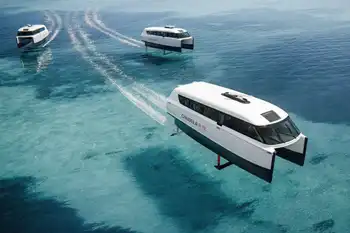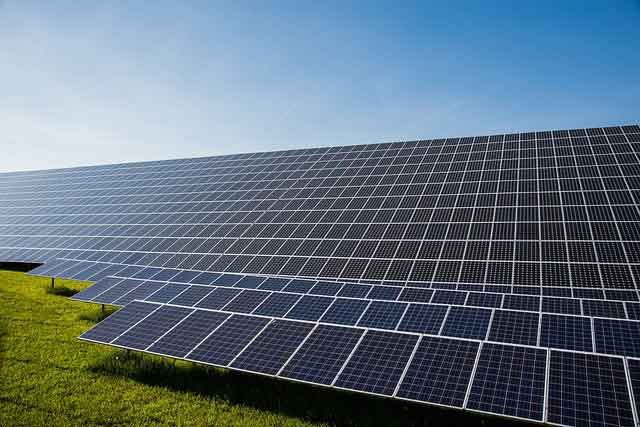Details emerge on BrazilÂ’s wind energy auction
The top bid was fixed at $109 per MWh, which is certainly lower than the $115 to $126 originally expected, and far behind the average $155 per MWh currently being received by windfarms built and operated under the Program for the Promotion of Alternative Sources of Energy.
Analysts pointed out that this low bid will keep small generation facilities away from the auction. Others indicated that it will only benefit medium and large production facilities with a steady and favorable wind flow that use the latest wind technologies.
ANEEL also announced that all winning projects can be put under the frame of the Special Program of Incentives for the Development of Infrastructure, which requires prior approval from ANEEL itself.
In regard to the development of wind power generation in Brazil, General Electric Company announced that it invested an estimated $83.62 million in the modernization of its industrial facility in Campinas, in the east of São Paulo state.
GE aims to achieve complete manufacture of its 1.5-MW wind turbines as a means to overcome the preference that the Brazilian government has given to national manufacturers or international companies with manufacturing operations being carried out within the country. It will also give GE the possibility to be included on the list of wind turbine producers whose equipment can be acquired through the different credit lines issued by the National Bank of Economic and Social Development.
At the same time, this expansion could make the GE manufacturing facility in Brazil an important center that the company could use as a base of operations in its export strategy to other Latin American countries.
Related News

Berlin Launches Electric Flying Ferry
BERLIN - Berlin has taken a groundbreaking step toward sustainable urban mobility with the introduction of its innovative flying electric ferry. This pioneering vessel, designed to revolutionize water-based transportation, represents a significant leap forward in eco-friendly travel options and reflects the city’s commitment to addressing climate change while enhancing urban mobility.
A New Era of Urban Transport
The flying electric ferry, part of a broader initiative to modernize transportation in Berlin, showcases cutting-edge technology aimed at reducing carbon emissions and improving efficiency in urban transit. Equipped with advanced electric propulsion systems, the ferry operates quietly and emits zero emissions during…




